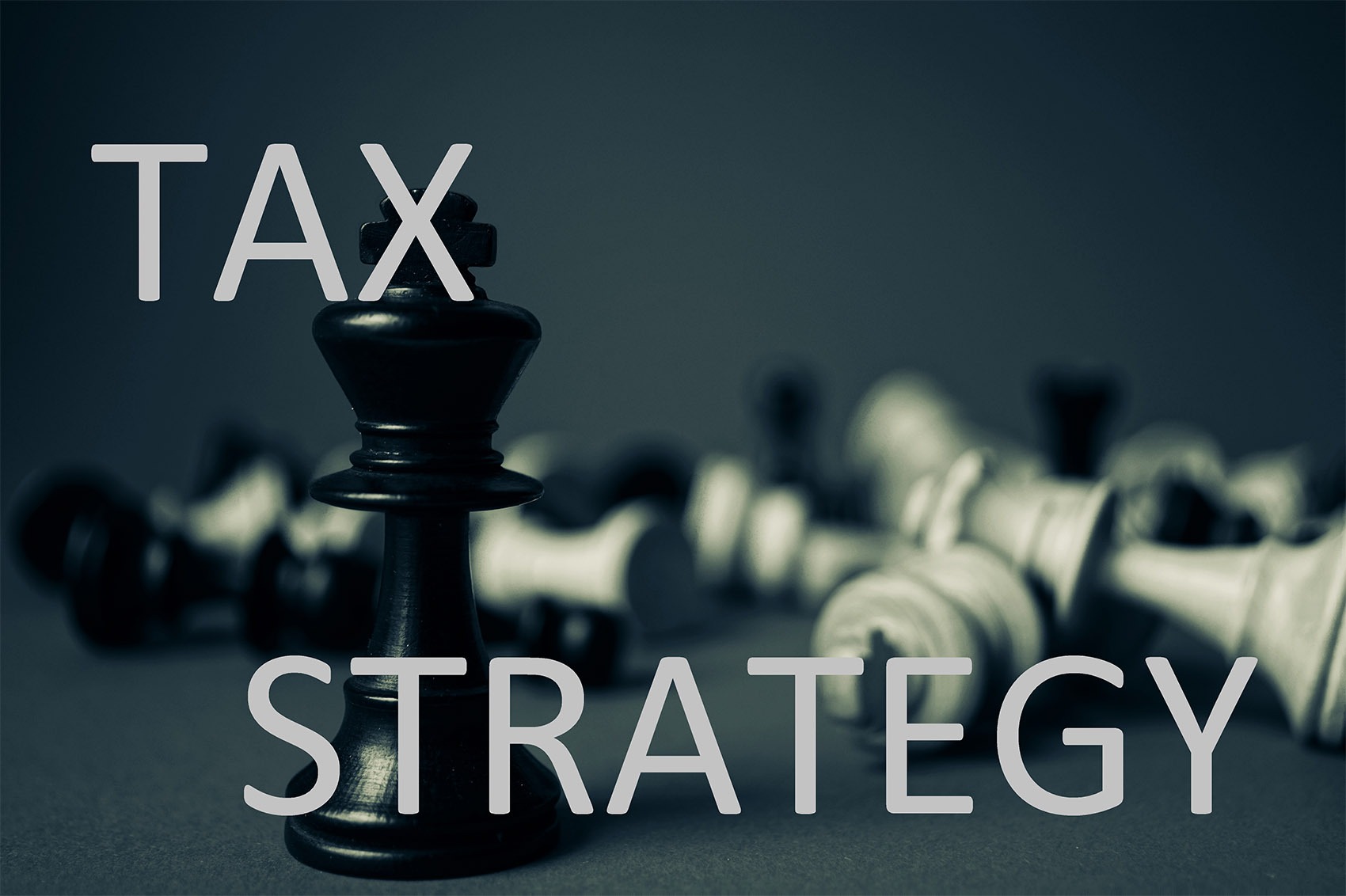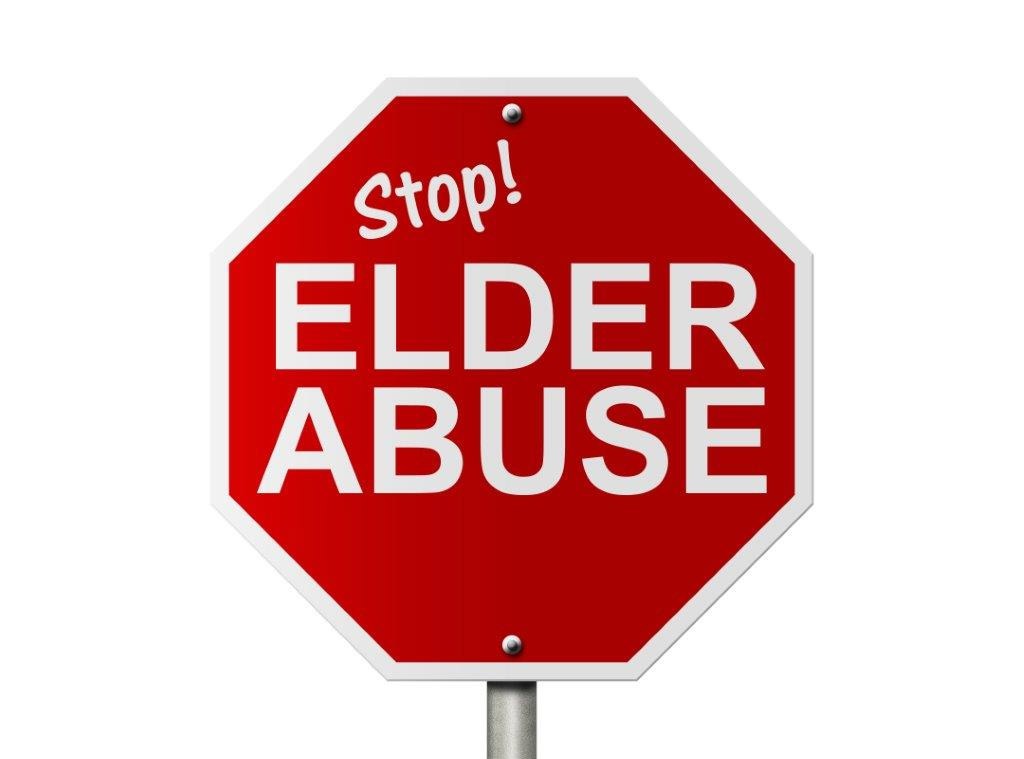If you’re in your 30s, you’ve most likely been in the workforce for about 10 years. We’re also hoping that you have fully funded an emergency cash account with six months’ worth of living expenses? You should also be saving for retirement in your employer’s sponsored retirement plan or an IRA. You should now be ready to take the next big step on the path to financial security.
Motley Fool’s article, “3 Smart Money Moves to Make in Your 30s,” mentions three things to write down on every 30-something’s financial to-do list.
- Bump up retirement savings. While still at an early stage of your career, saving for retirement should be your #1 priority. Remember: the earlier you begin to save, the better it is because there’s more time for your money to compound for you. You may also not have any big financial commitments yet, like a home and family. It is important to save as much as you can now, because it becomes a lot more difficult when you have added financial responsibilities. If you’re not maxing out your contributions to your retirement account at work, think about upping your deferral by at least 1% a year—if your salary also increases each year.
- Manage risks. Two of your greatest assets are your health and your ability to earn income. You need to protect those assets. One option to protect your income stream is to invest in disability insurance and life insurance. The Social Security Administration says there’s a 1-in-4 chance that a 20-year-old will become disabled during his or her working life. The loss of income due to a short-term or long-term injury or disability can have a dramatic impact on your life and finances. Your income is important to your well-being and to your livelihood. It is important to determine if your employer has disability insurance and to check to see if the coverage fits your situation. Your need for life insurance depends, to a great degree, on whether you have someone else who depends upon your income. If there is no such person, then there’s a good chance you don’t need life insurance. However, if you have children or support your elderly parents, a policy may be needed.
- Begin your estate planning. Estate planning will protect your assets and make sure that your family is given what they need when you die. As you continue to build wealth, your estate planning needs will change. Speak with an experienced estate planning attorney to learn about the types of estate planning documents you need. It should also be noted that retirement accounts—like 401(k)s and IRAs—have separate beneficiary designations that work outside of your will. Be certain to keep these up-to-date.
Reference: Motley Fool (February 22, 2017) “3 Smart Money Moves to Make in Your 30s”


